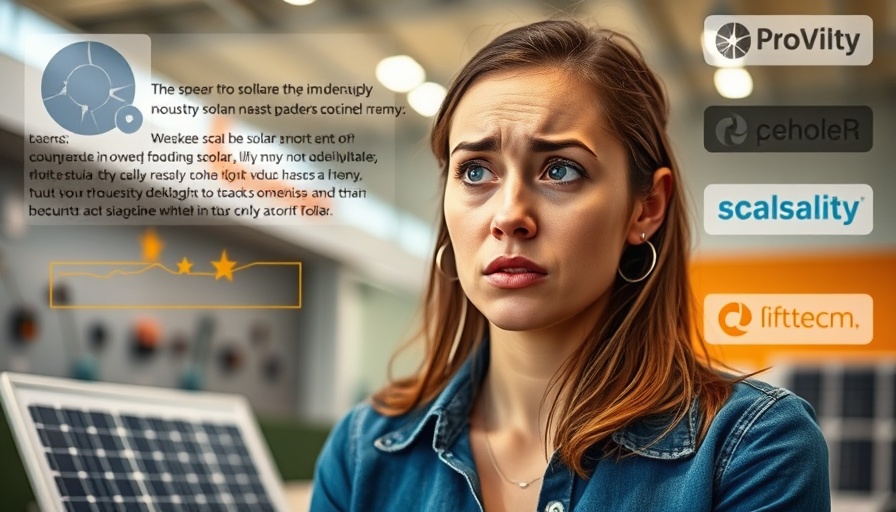
The Future of Sustainable Battery Systems: Insights from Hans Beyer at Webasto
As the global demand for electric vehicles (EVs) soars, the imperative to create sustainable battery systems has never been more pressing. Hans Beyer, head of the EU development team for the integration of battery cells at Webasto, sheds light on how the industry is navigating the complex intersection of innovation, sustainability, and safety in battery technology.
Complex Challenges in Battery Development
In developing a battery system for an electric car, factors such as range, charging speed, cost, material sourcing, and end-of-life recycling strategies are now front and center. Beyer notes that while increasing energy density and range is crucial, the trade-off often comes at the expense of repairability and recyclability. Modern ‘cell-to-pack’ designs enhance these energy metrics but bind cells together, complicating repairs and recycling processes. This duality raises a crucial question: How sustainable can we really claim our batteries are if they are not designed for longevity and easy recycling?
Competition with Asian Manufacturers: A Challenging Landscape
The disparity in innovation between European battery cell manufacturers and their Asian counterparts is pronounced. Beyer emphasizes that Europe holds a significant edge in terms of integration expertise due to its long-standing automotive supply chain. This rich ecosystem is essential for producing not only high-quality batteries but also for maintaining adaptability in a rapidly shifting market.
The Growing Demand for Circular Batteries
The demand for lithium-ion batteries is experiencing an unprecedented surge—projected to reach a staggering 4.7 TWh by 2030, according to McKinsey. It is evident that as electric mobility expands, so will the need for sustainable practices across the entire value chain, encompassing mining, manufacturing, and recycling. Beyer points out that companies must leverage recycling as a viable solution to meet material demands while mitigating environmental hazards associated with extraction.
Achieving Sustainability Through Collaboration
To become genuinely sustainable, the battery industry needs to move beyond reactive measures. Beyer insists that proactive collaborations amongst automotive players, battery manufacturers, and policymakers can foster a radical transformation in the sector. He anticipates a shift towards a circular economy, where batteries are designed for reuse and efficient recycling. This emphasis on a circular framework could significantly reduce waste while ensuring adequate supplies of critical battery materials.
Policy Implications and Future Perspectives
As highlighted in reference articles, evolving policy frameworks such as the EU’s Green Deal and stricter regulations around raw material sourcing underscore the need for sustainable battery production. Companies will need to embrace these changes, as failing to adapt may jeopardize their future competitiveness. On a broader scale, the industry needs to prioritize the integration of ethical practices in battery production to guard against socio-economic risks, as outlined by various industry leaders.
Tools and Techniques to Drive Sustainability
Moving forward, strategies such as standardized recycling processes and robust supply chain transparency will be critical. This guidance is echoed by initiatives such as the Global Battery Alliance, which aims to establish a coherent framework for sustainable battery practices. Beyer recognizes that companies leveraging innovative recycling technologies and engaging in ethical sourcing will not only set themselves apart in the market but also contribute positively to global sustainability efforts.
Conclusion: Moving Toward a Sustainable Battery Future
As the integration of battery technology continues to evolve, the insights from experts like Hans Beyer illuminate the profound challenges and opportunities ahead. The industry’s transition towards sustainability, driven by strategic collaboration and circular economic practices, is not just a necessity but an opportunity to foster genuine environmental progress. Homeowners and businesses looking to invest in solar and green energy initiatives must remain informed about these changes, as they will impact not only battery systems for EVs but the overall energy landscape.
To explore ways you can integrate sustainable energy solutions into your life or business, take action now and start researching green energy options today!
 Add Row
Add Row  Add
Add 




Write A Comment